
McFly star Harry Judd's wife Izzy opens up on their child's difficult health condition
Harry Judd’s Wife Izzy Opens Up About Their Child’s PDA Diagnosis and the Realities of Parenting Neurodiversity
Harry Judd’s wife Izzy has courageously revealed that one of their three children has been diagnosed with Pathological Demand Avoidance (PDA), bringing public awareness to a lesser-known neurodivergent profile. The 41-year-old shares three children with McFly drummer Harry Judd (39): daughter Lola Rose (nine) and sons Kit (eight) and Lockie (four). Izzy spoke candidly about the challenges she and her husband face raising a neurodiverse child on Dr. Alex George’s Stompcast podcast. (source: The Independent) The Independent
PDA is broadly considered a behavioral profile linked to autism, where an individual experiences intense anxiety around demands—even those they willingly or needfully want to fulfill. The PDA Society describes it as a condition in which people find it hard to cope with everyday expectations. (source: NHS, PDA Society) In her discussion, Izzy did not name which child received the diagnosis, but offered a revealing picture of their home life as the parent of a child whose mind responds differently to structure and direction.
She reflected:
“From the moment a child wakes up … they are being told to eat breakfast, get dressed, brush your teeth. And all these anxieties are forming in them—people are putting pressure and demands on them.”
She explained that children with PDA often struggle with authority or hierarchy, instead craving autonomy and control over their environment.
To accommodate, Izzy and Harry have adapted their parenting approach dramatically. She admitted:
“If you flip it and go, ‘I’ve left your clothes out’—I actually just don’t even say it anymore. I don’t ask many questions at all because that’s placing a demand, and a demand is too anxiety-provoking.”
Sharing the diagnosis forced Izzy to confront societal expectations and let go of comparisons. She described initially feeling heavy judgment from others over her parenting style.
“You have to go through a kind of grief process that things aren’t going to be as you thought they would be,” she said.
She noted that outsiders might mistake their adaptations as “lazy parenting” or a lack of discipline—but maintaining control and reducing anxiety for her child is their priority.
One poignant struggle Izzy mentioned is social convention:
“For a neurodivergent child, they’re physically unable to sit. It’s not because they don’t want to — they can’t. But as a parent you say, ‘I need to teach my child to sit at the table, say please and thank you.’ What if they can’t look at somebody? What if that makes them feel really uncomfortable?”
She also described her internal shift: letting go of rigid schedules. “I kind of let go of being late a long time ago,” she said. “The more pressure you feel — ‘You’ve got to go!’ — the more it slows everything down.” In practice, she now says she “just shove[s] them in the car,” letting their children exercise autonomy. “Once they feel they’re in control, amazing things happen.”
Beyond family management, Izzy is also advocating for better support in schools. “Our classrooms aren't really inclusive,” she said, warning that many neurodivergent children struggle daily. She emphasized how a few attuned teachers who understand a child’s needs can make a difference between the child staying in school or being pushed out. (source: Independent) The Independent
To support parents facing similar challenges, Izzy launched a podcast titled Let’s Talk Neurodivergent Kids, which discusses real experiences, strategies, and expert insights for raising children with neurodiversity. (source: Apple Podcasts) Apple Podcasts
Izzy’s openness helps to destigmatize conversations around PDA and alternative parenting methods—and reminds us that loving, flexible support often matters more than fitting into conventional molds.
News in the same category

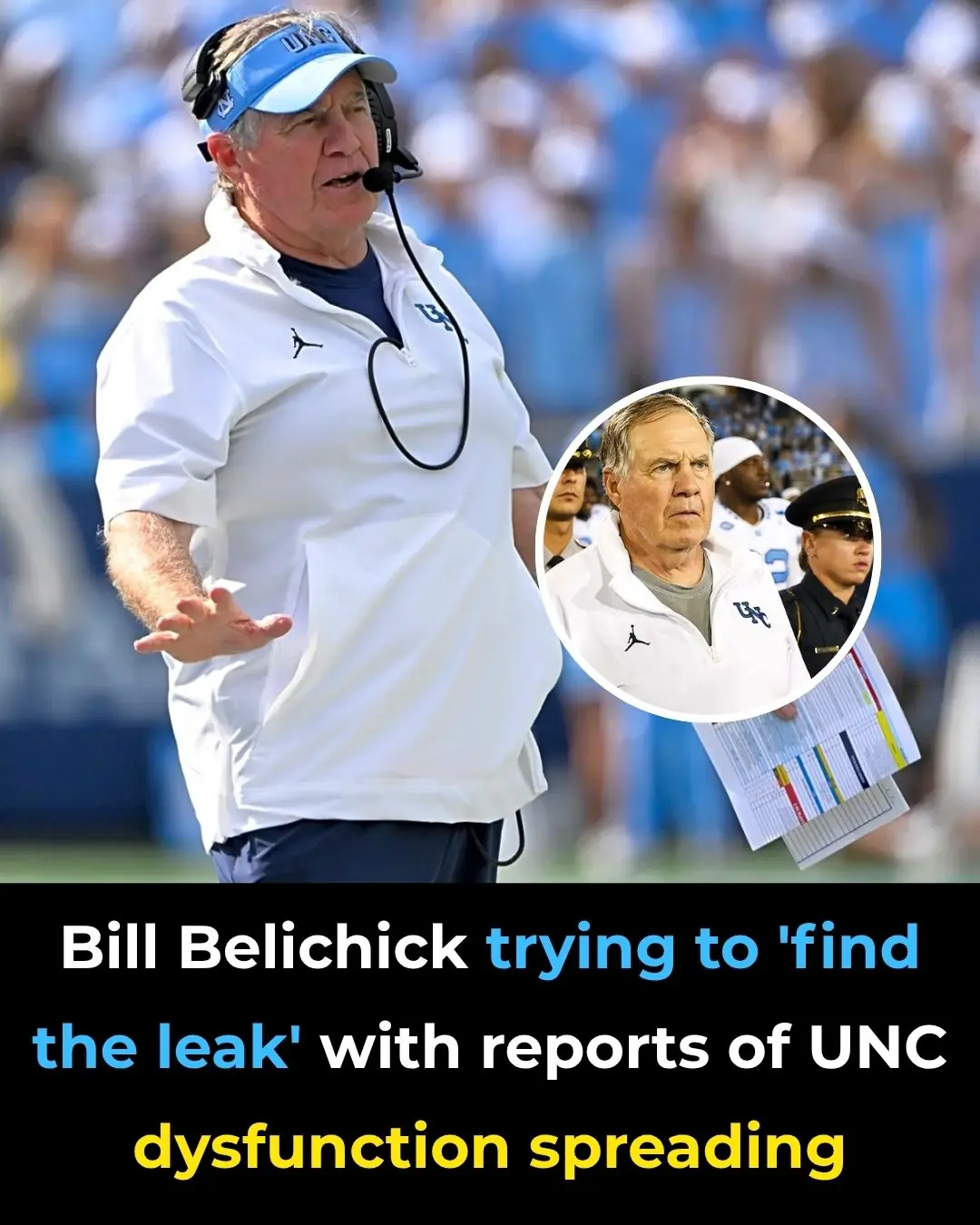
Bill Belichick trying to ‘find the leak’ with reports of UNC dysfunction spreading

Mike Francesa misses Yankees watch party for ‘emergency’ surgery

Taylor Swift’s floral ‘Late Night With Seth Meyers’ outfit is covered in Easter eggs

Selena Gomez’s kidney donor, Francia Raisa, addresses wedding snub and feud rumors

‘Shuts TF Up’: Scott Jennings’ Unhinged Back and Forth with Abby Phillip Takes a Turn When Van Lathan Begins to Speak

Melissa Koby Becomes First Black Woman to Create Official U.S. Open Artwork, Honors Althea Gibson for 75th Anniversary
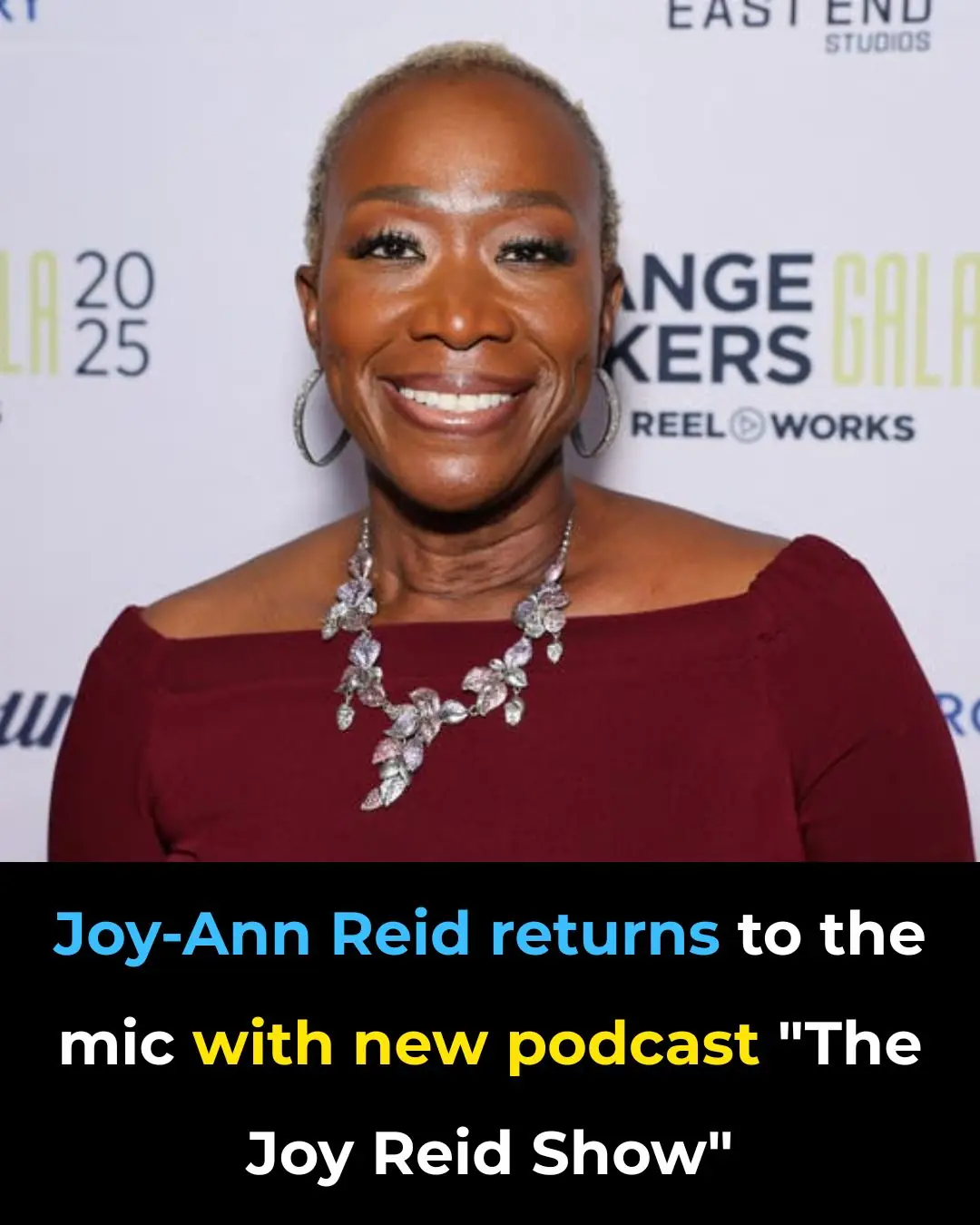
Joy-Ann Reid Returns to the Mic With New Podcast “The Joy Reid Show”

Kamala Harris Makes Surprise Appearance at Compton High Graduation After Chance Encounter With Student
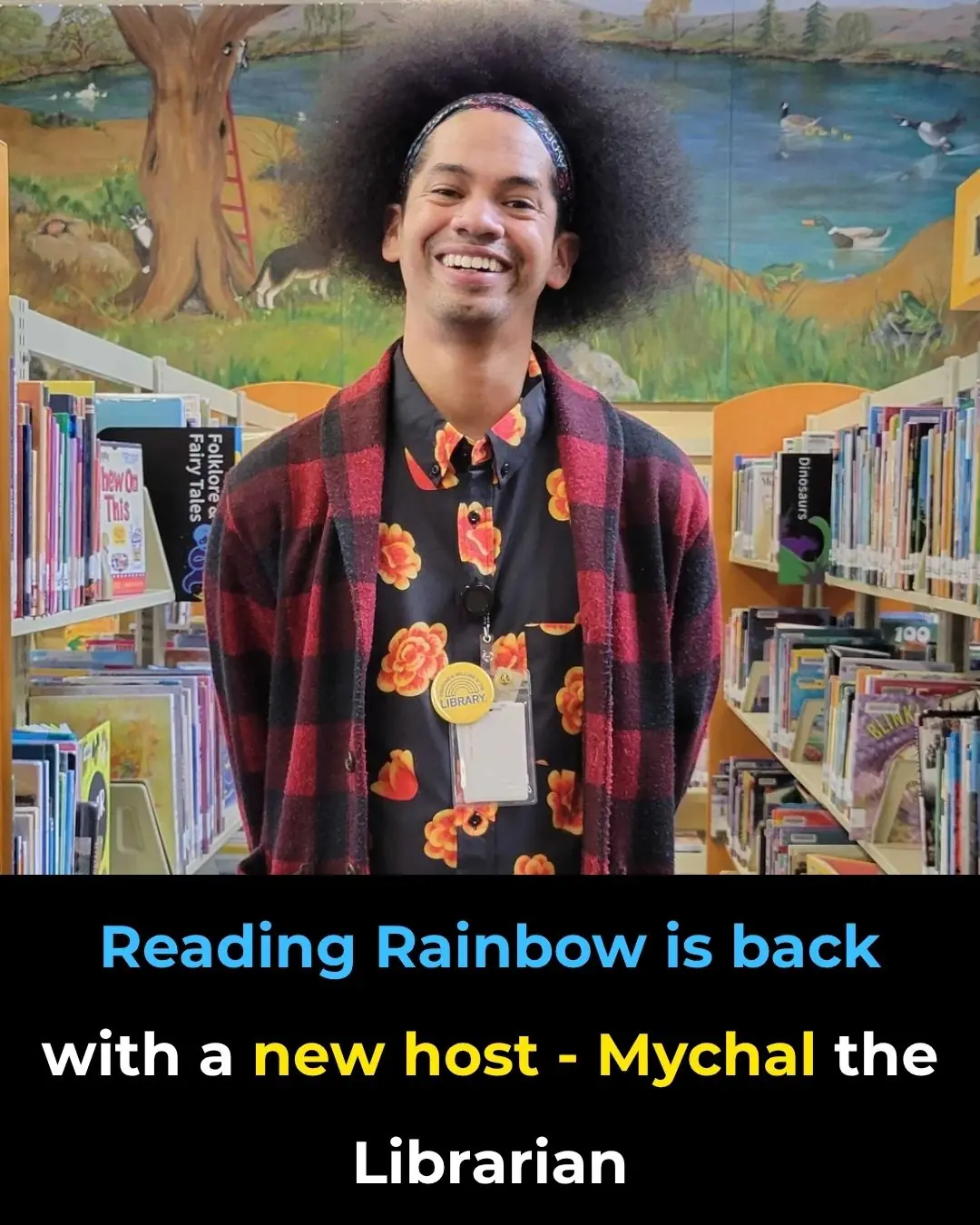
Reading Rainbow Is Back With A New Host — Mychal the Librarian

Political Strategist Ashley Allison, Acquires The Root, Returning it to Black Ownership
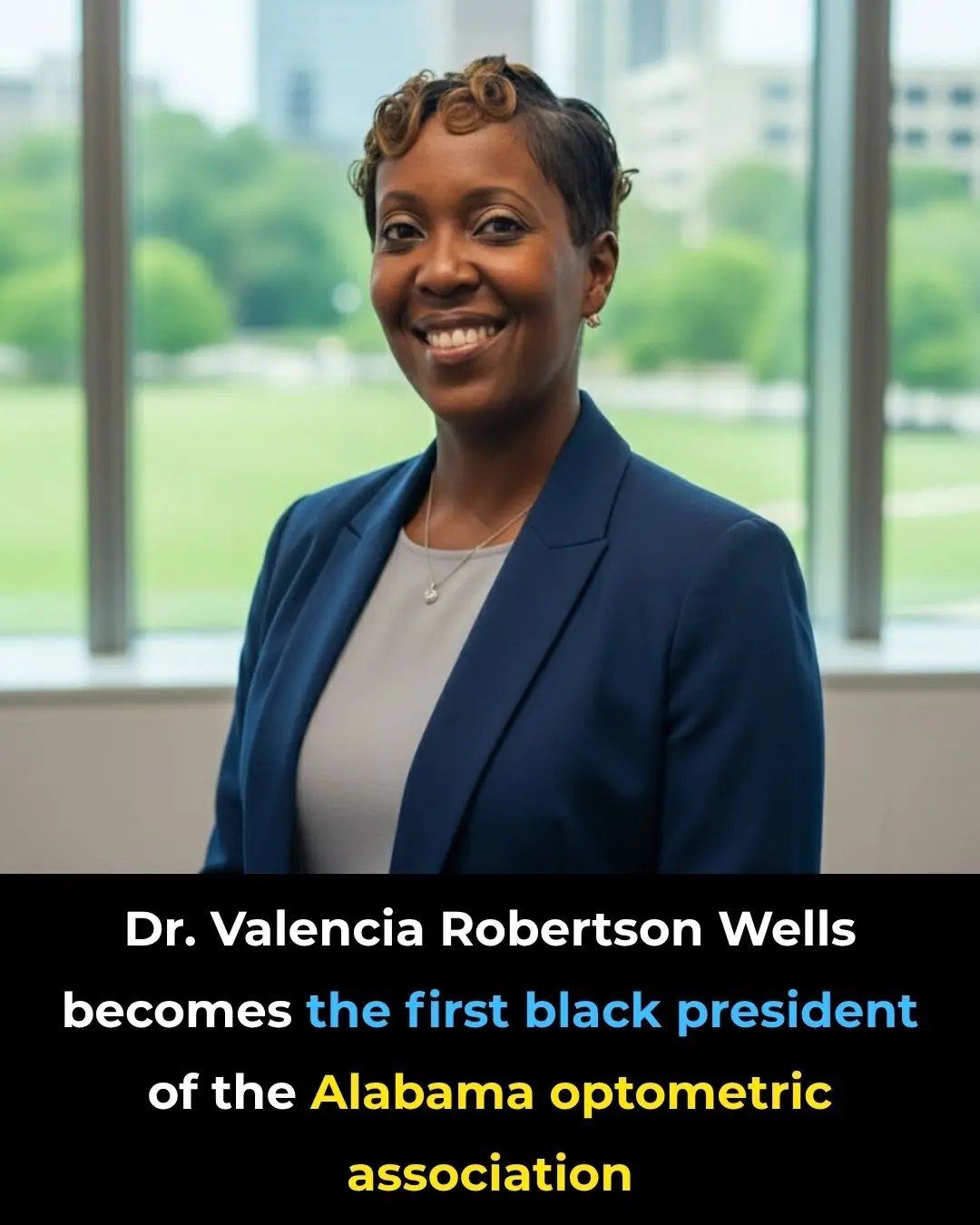
Dr. Valencia Robertson Wells Becomes First Black President of the Alabama Optometric Association
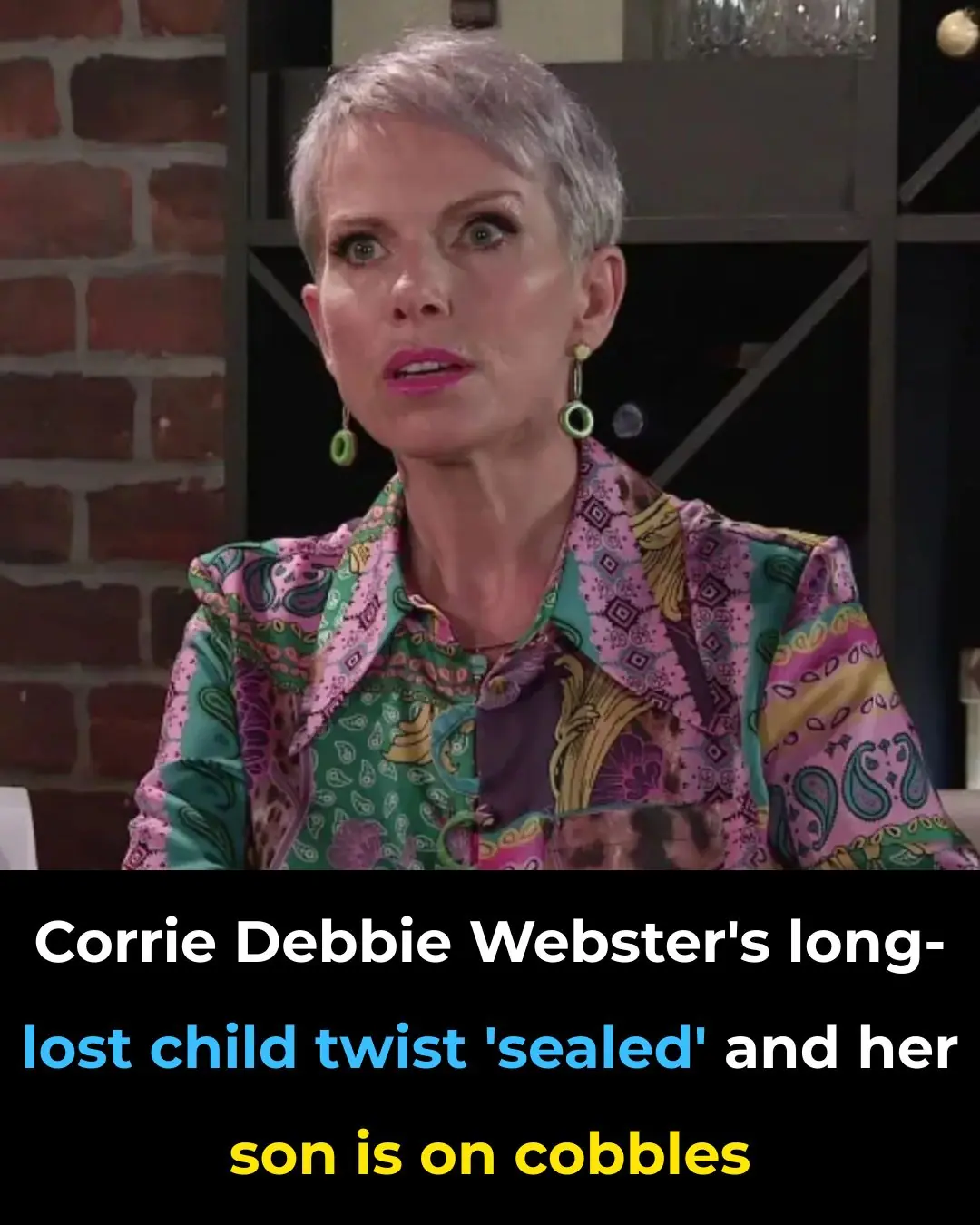
Coronation Street Debbie Webster' secret child twist 'sealed' and her son is on cobbles

George Clooney teases major ‘Ocean’s 14’ update — and reveals which A-listers are set to return
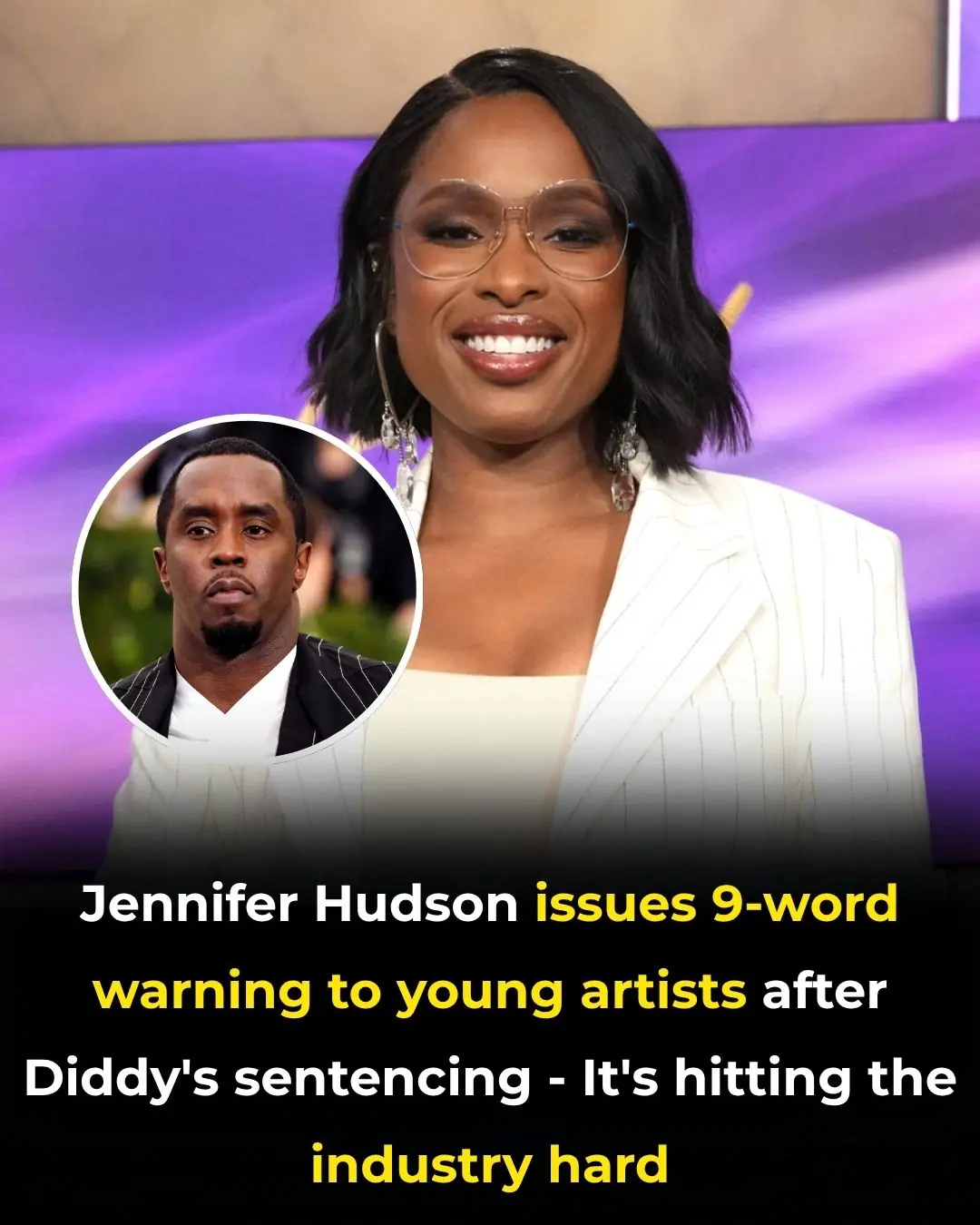
Jennifer Hudson Urges Young Artists to “Protect Yourself” Following Sean ‘Diddy’ Combs’ Sentencing

Jennifer Hudson Credits Oprah Winfrey for Teaching Her the ‘Grace of the Spotlight’ — A Friendship Years in the Making

Tee it high, buy it low: Shop extended Prime Day golf deals before time runs out
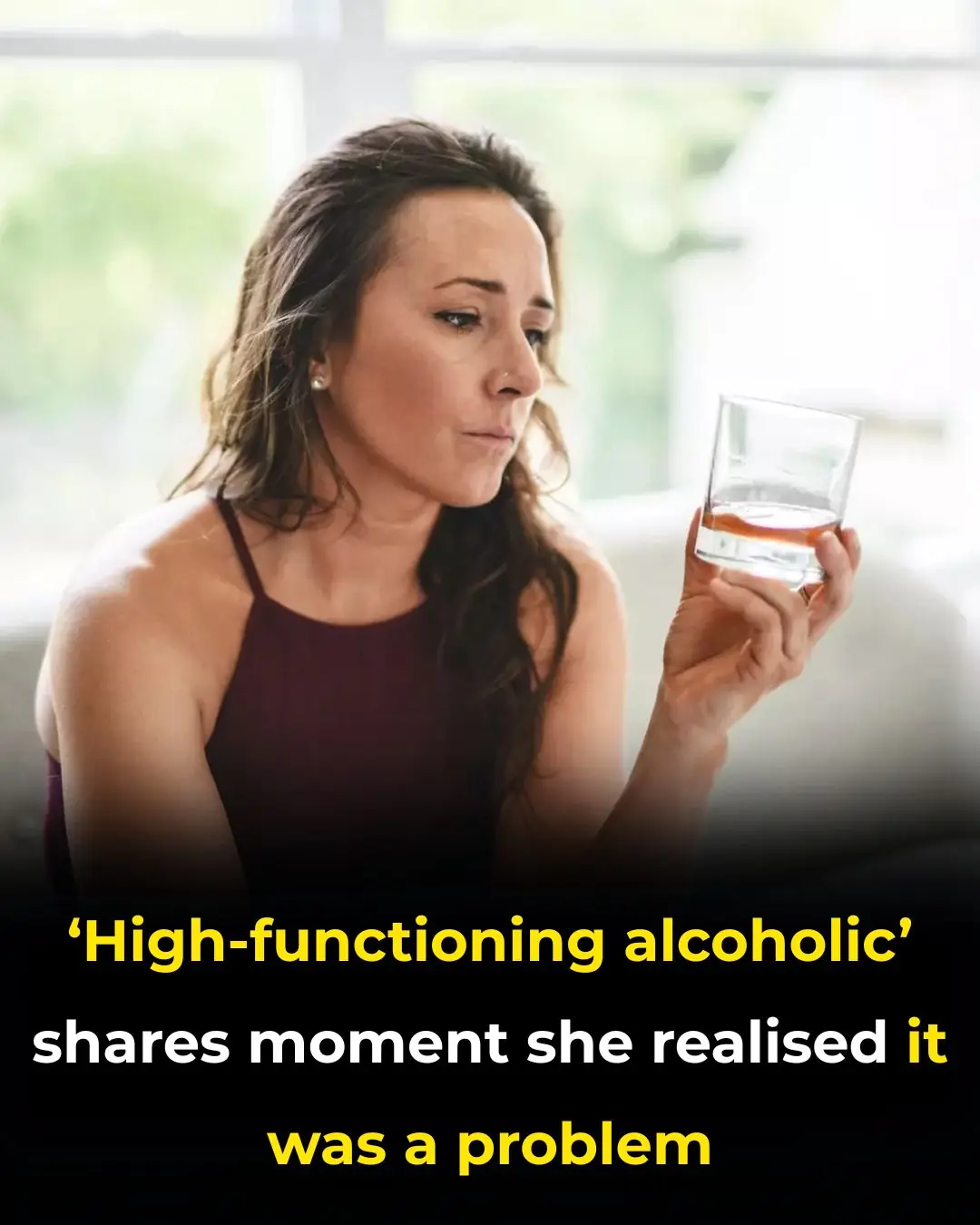
‘High-functioning alcoholic’ shares moment she realised it was a problem
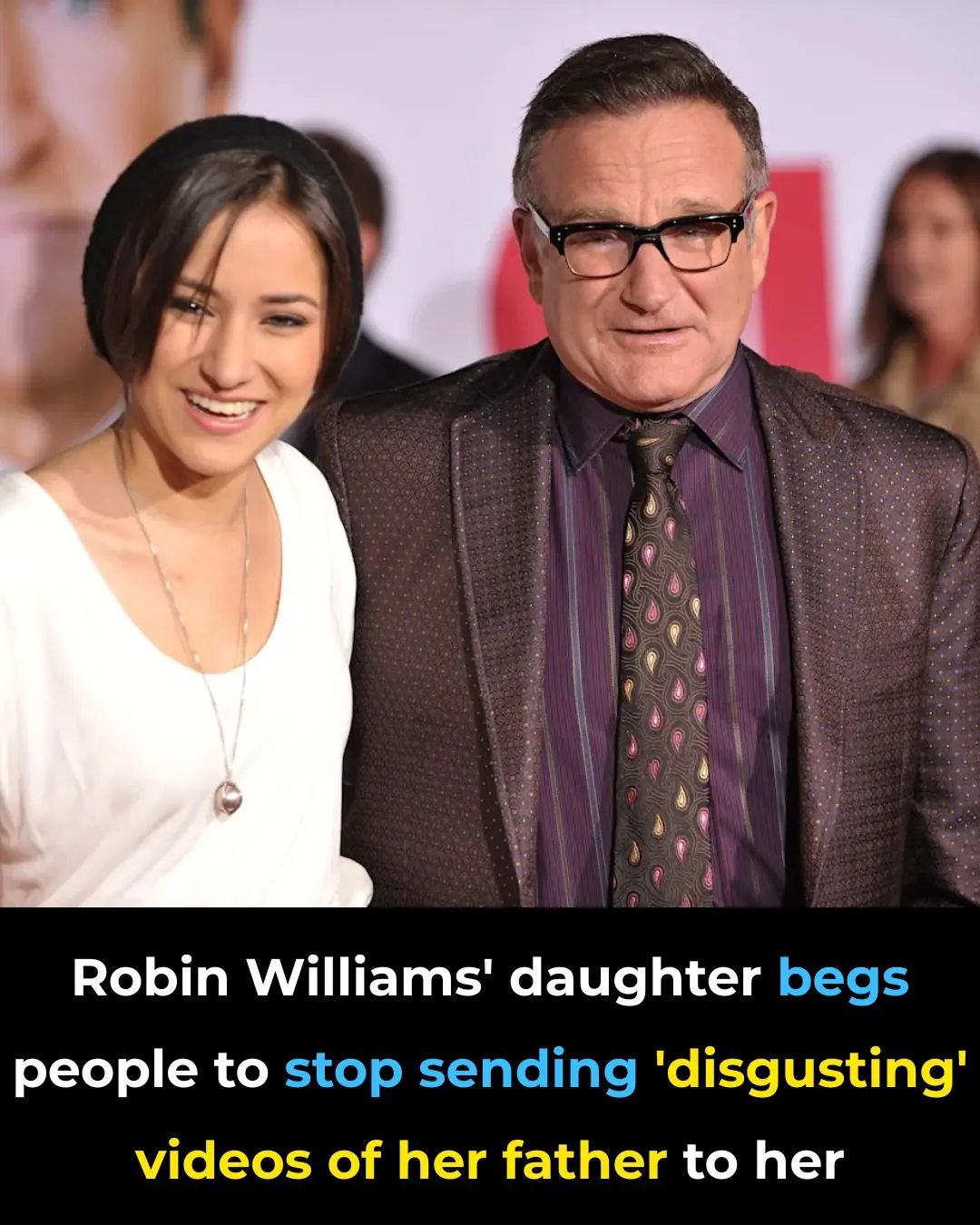
Robin Williams' daughter begs people to stop sending 'disgusting' videos of her father to her
News Post

Researchers Turn Festival Wristbands into a Shield Against Drink Spiking
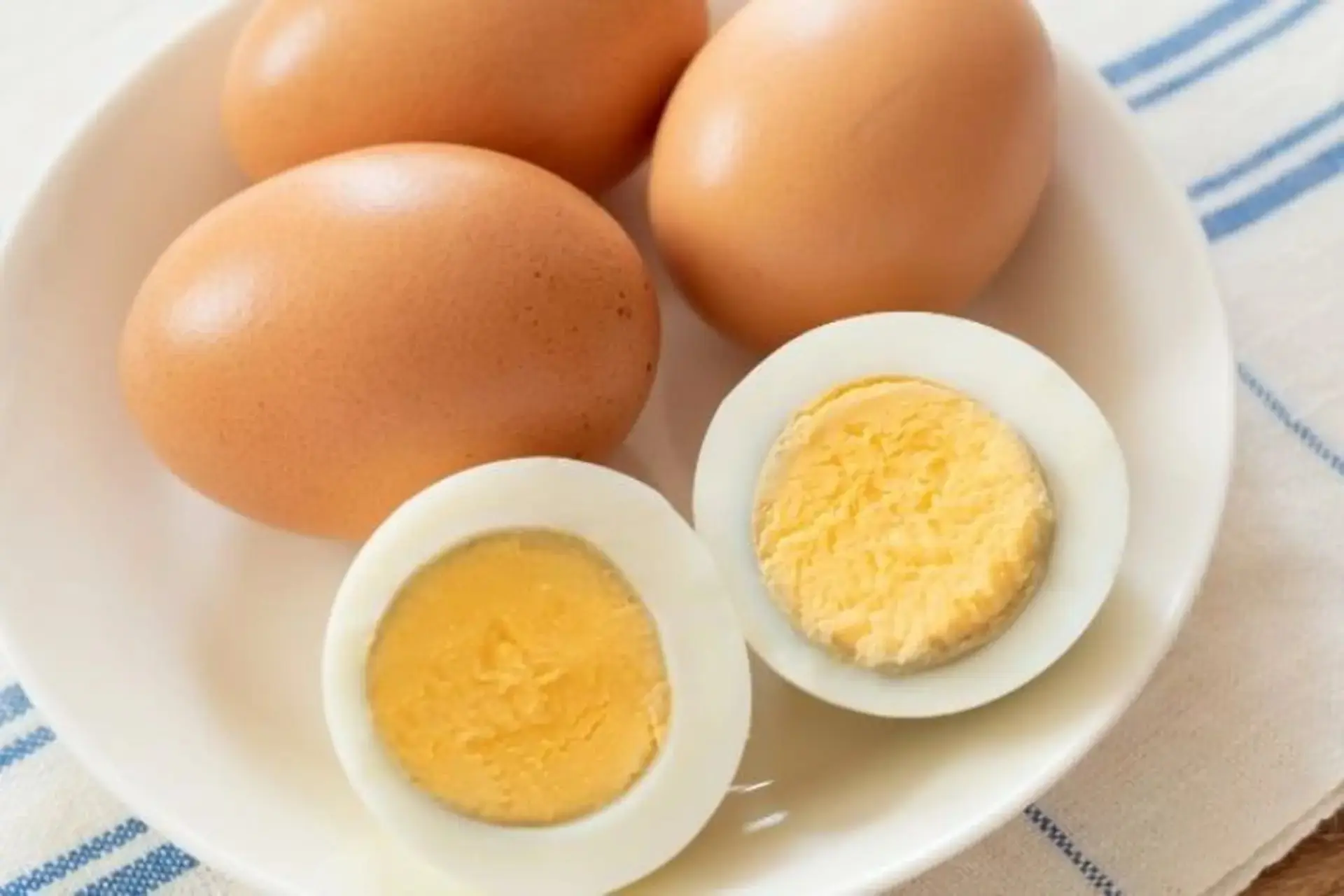
Your Body Will Change In Unexpected Ways When You Eat 2 Eggs Daily

Emmerdale fans 'work out' what's really wrong with Moira Dingle after collapse
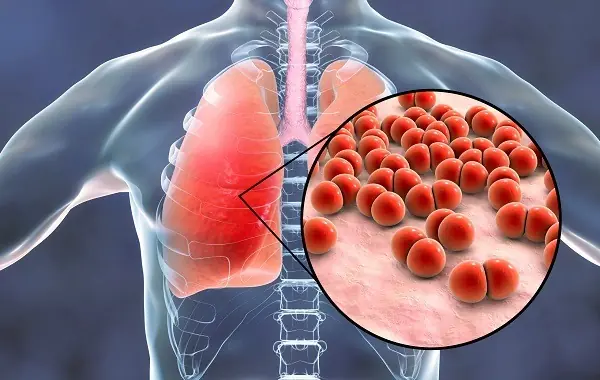
Lung Disease Starts Silently – Spot These Early Signs Before It’s Too Late

Give President Trump Nobel Peace Prize, Israeli Hostage Families Urge
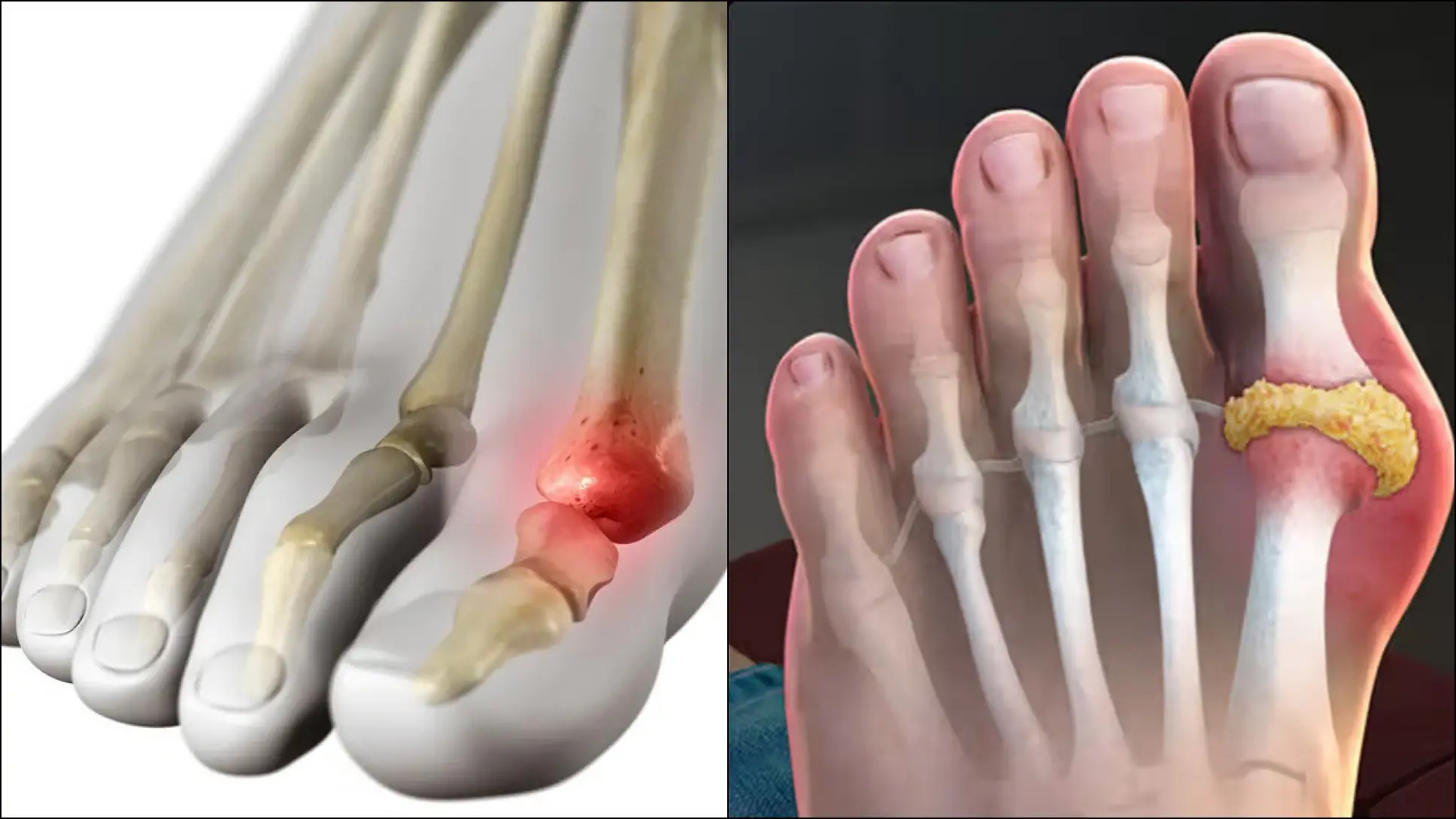
HOW TO QUICKLY REMOVE URIC ACID CRYSTALLIZATION FROM YOUR BODY TO PREVENT GOUT AND JOINT PAIN

Drink 1 of these 5 drinks every morning and cancer will stay away 👇👇

Red beetroot: "Miracle drug" that cures many diseases but not everyone knows 👇👇
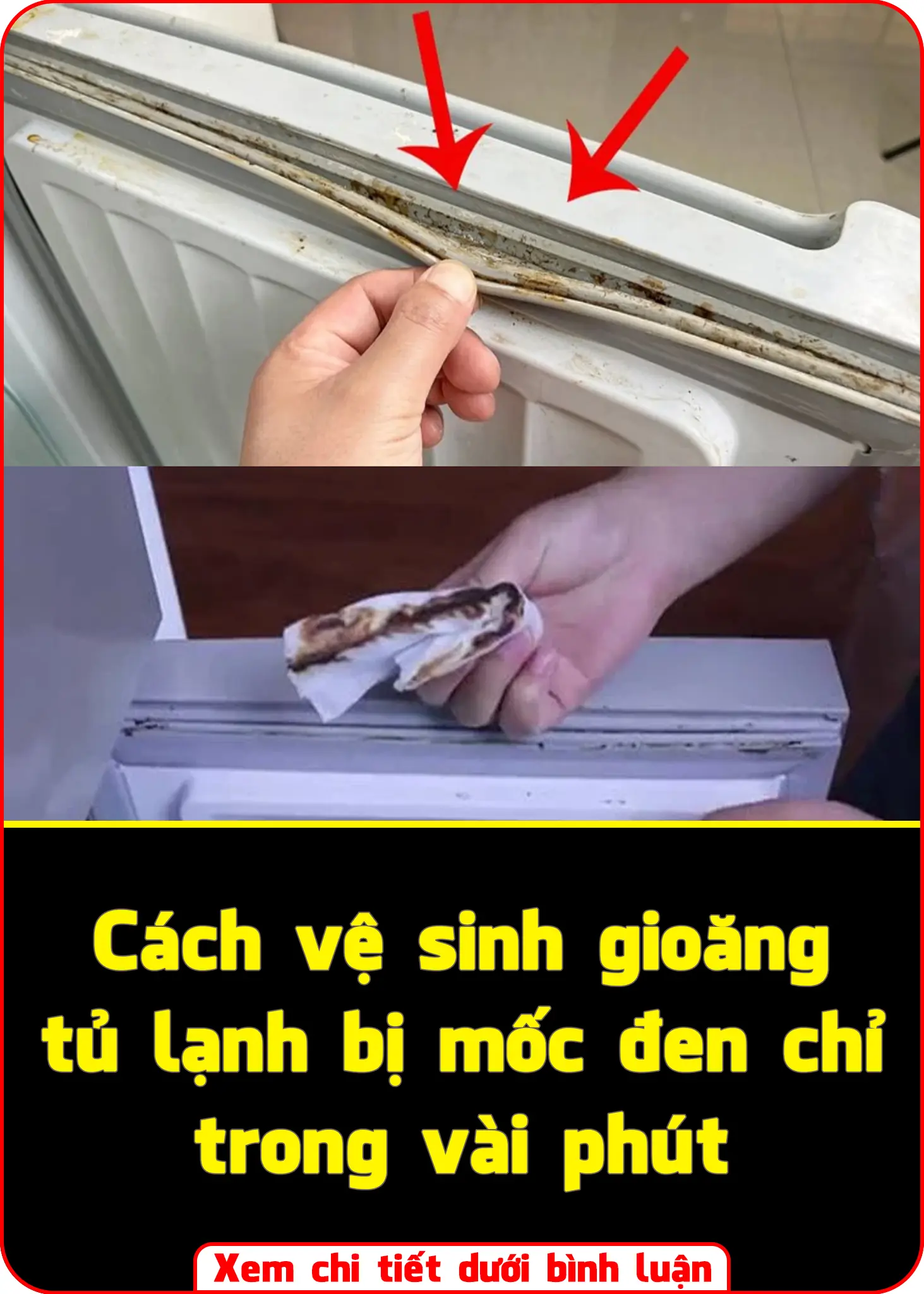
The refrigerator gasket is moldy, use this to clean it, it will be clean in just 5 minutes

How to make chicken mixed with Vietnamese coriander that the whole family will love

The fruit that grows in gardens and is rarely eaten turns out to be an autumn 'miracle drug', better than ginseng and bird's nest.

It's been a long time since I've seen this plant. It has good effects but is hard to find.

5 types of water good for your kidneys: Especially the first type, it's free and the more you drink it, the longer you live.

How to wash hair with betel leaf water helps reduce hair loss and makes new hair grow continuously

Bill Belichick trying to ‘find the leak’ with reports of UNC dysfunction spreading

Mike Francesa misses Yankees watch party for ‘emergency’ surgery

Taylor Swift’s floral ‘Late Night With Seth Meyers’ outfit is covered in Easter eggs
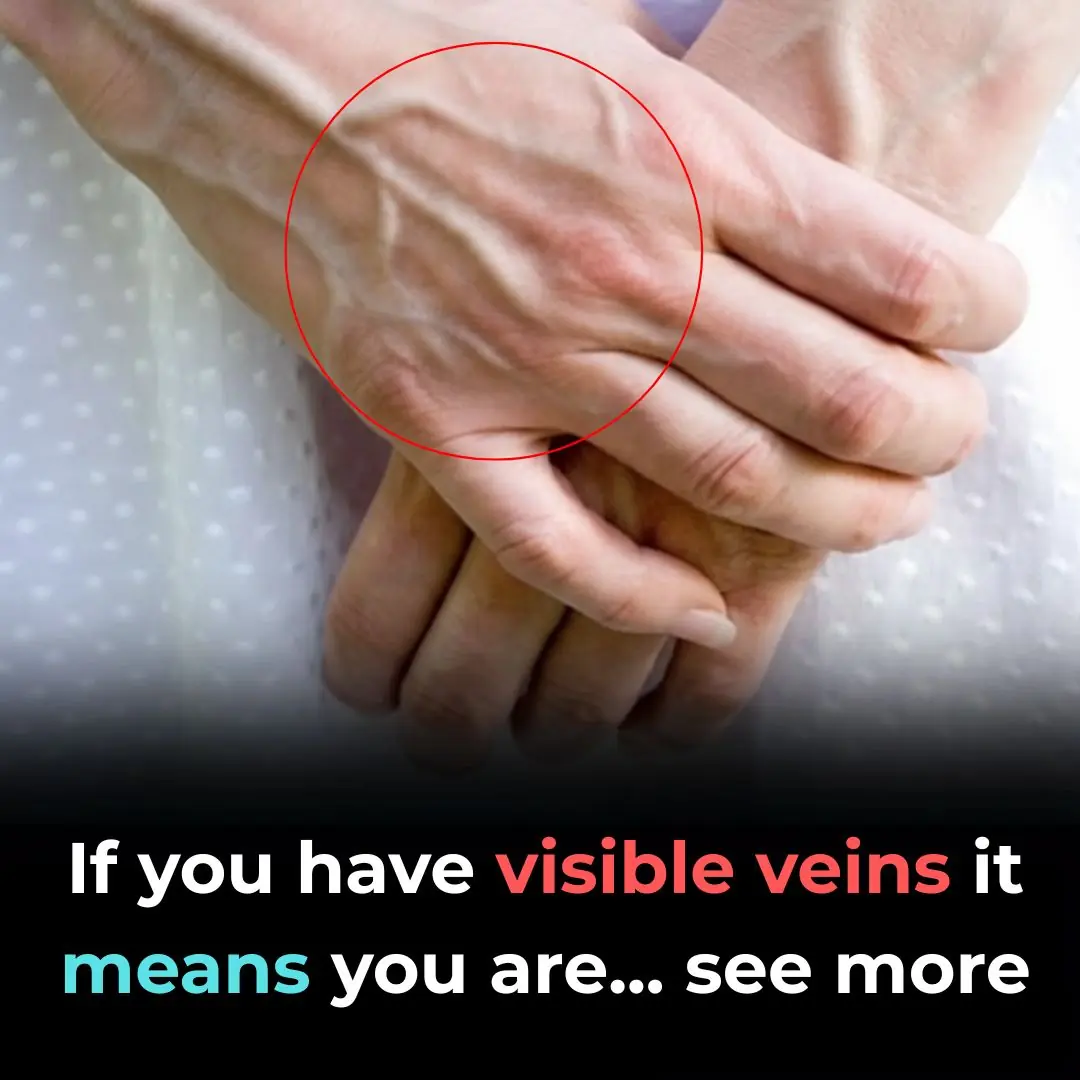
When to Worry About Veins That Appear Out of Nowhere
